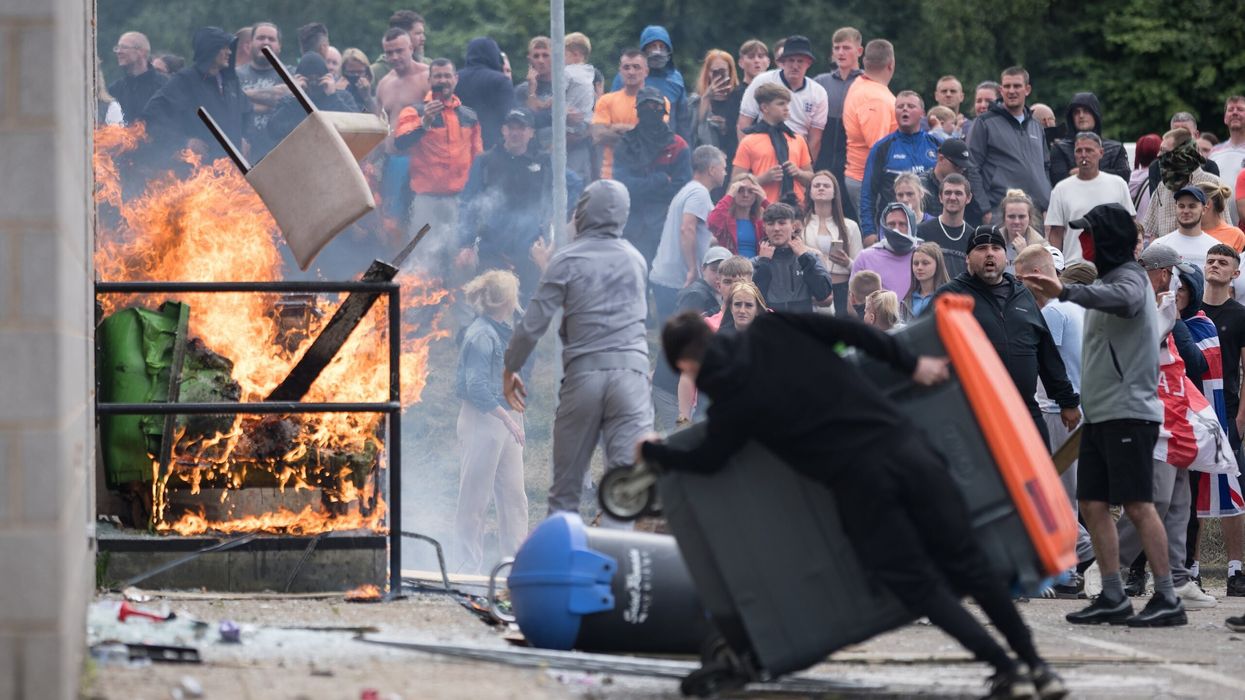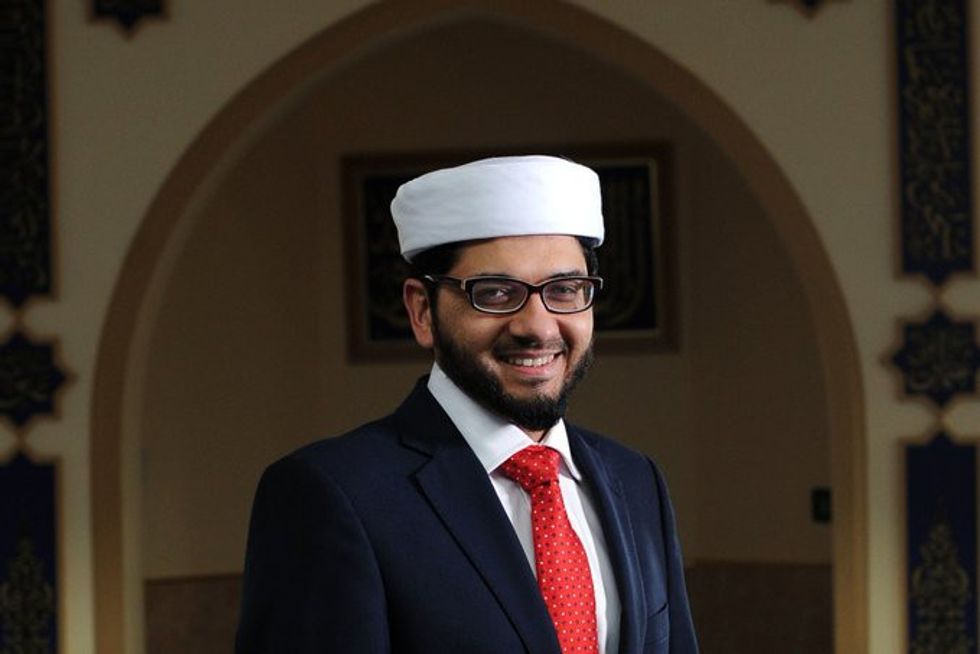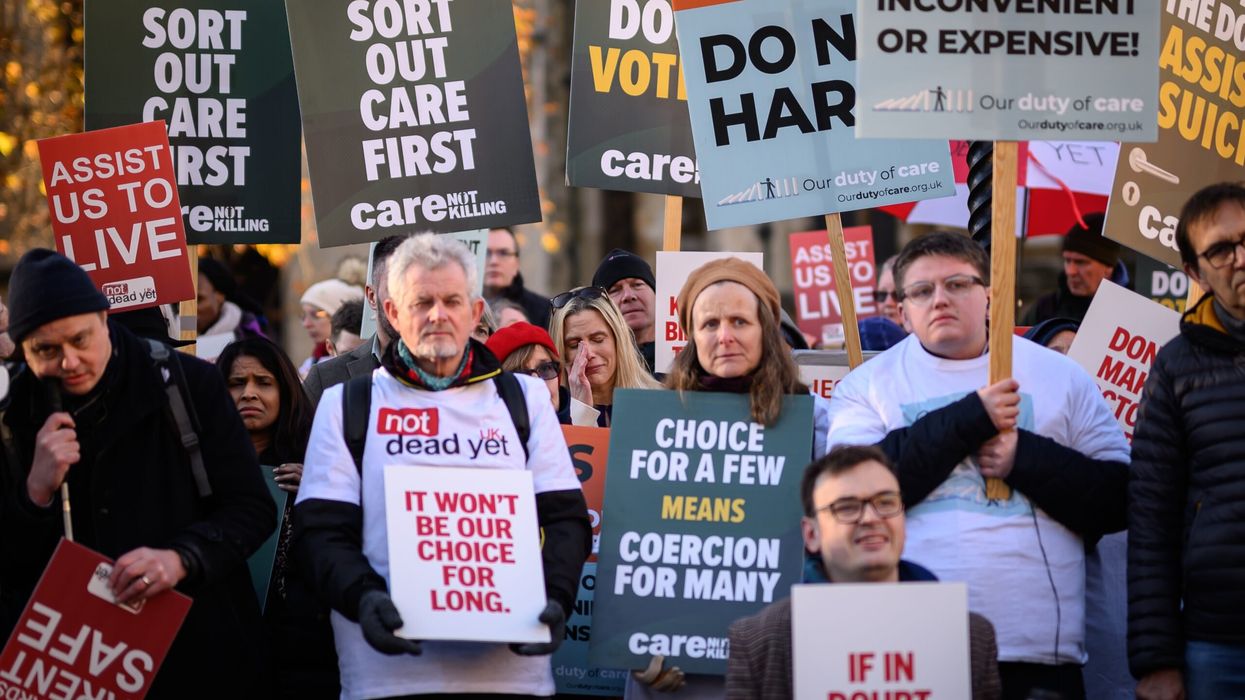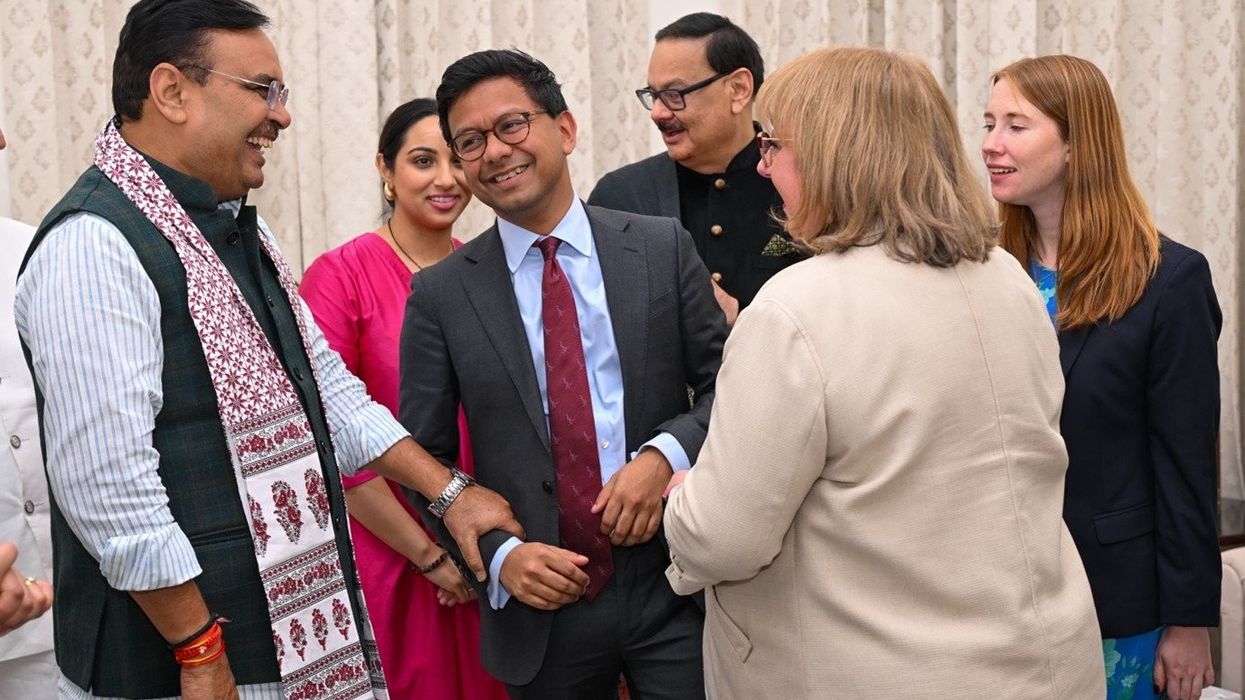By Lord Jitesh Gadhia
CELEBRATING Diwali in the middle of a pandemic is an experience which none of us will forget.
The social separation from our family and friends reminds us of Lord Rama’s 14-year exile from Ayodhya, as narrated in the Ramayana. In the same way that he vanquished Ravana, we too will defeat coronavirus. But the exit from Covid will not be a clean break, as already evident from the second national lockdown. It will require adaptation to how we all live, work and socialise for some time to come. This festive period provides a timely moment to reflect upon on these new realities and look forward to the year ahead.
One notable silver lining is that the adversity of the pandemic has brought the UK and India closer. Our two countries have collaborated on multiple fronts, ranging from pharmaceuticals and vaccines to repatriation of citizens. As the UK prepares to host the delayed COP summit on climate change next year, the “global race to net zero” will rise up the agenda and provide new avenues to work together.
A possible change of US leadership could also re-energise multilateral forums such as the G7, which the UK will host next summer, and the G20 which India is hosting in 2022. These important summits will position both the UK and India at the centre of global diplomacy, with the prospect of prime minister Narendra Modi visiting the UK, not once but twice in the coming 12 months.
Perhaps more significantly, the UK will leave the Brexit transition period from January 2021, enjoying the freedom to forge its own bilateral trading arrangements. It is this new scope for economic collaboration which is especially important as both countries anticipate future recovery and revival post-Covid. The UK and India already enjoy a strong investment relationship, supporting more than half a million jobs in each other’s economies, and UK bilateral trade with India doubling over the past 10 years to nearly £24 billion in 2019.
But we can and should be much more ambitious. It was therefore extremely welcome to see chancellor Rishi Sunak and finance minister Nirmala Sitharaman hold their annual Economic and Financial Dialogue last week to build further economic ties. Their virtual summit resulted in a number of agreements to strengthen our financial co-operation and research partnerships.
During the talks, the chancellor championed UK markets as a source for Indian companies to raise international capital, and welcomed the decision to allow Indian companies to list on the London Stock Exchange – the UK being one of only seven jurisdictions to have received this permission. The ministers also agreed to explore ways to boost investment in insurance through an increase in India’s foreign investment limit and look at ways to facilitate the flow of faster and cheaper UK-India remittances.
These are welcome steps, but at the same time, our bilateral relationship runs much deeper than pure finance and economics. Prime minister Modi has gifted us the powerful metaphor of a “living bridge” to describe the significance of the British Indian diaspora and symbolising the two-way traffic in people, language, sport, culture and commerce. This has been especially evident in the disproportionate contribution of Indian healthcare workers to the NHS frontline.
And, with Diwali falling in the same week as Remembrance Week, it also serves to remind us of the immense contribution made by Indian soldiers in the two world wars. This year, once again, the Royal British Legion has released a limited-edition poppy made out of khadi, which I was proud to help launch in 2018 to honour the courage and sacrifice of people from undivided India during Britain’s hour of need.
So, this year, the lighting of lamps in our homes for Diwali will feel especially poignant. As well as symbolising the victory of good over evil, it will represent our hopes for the future and the prospect of closer ties between the world’s largest and oldest democracies. I wish all readers of Eastern Eye a shubh (auspicious) Diwali and a healthy, peaceful and prosperous year ahead.






















Improving UK-India ties offer festive cheer